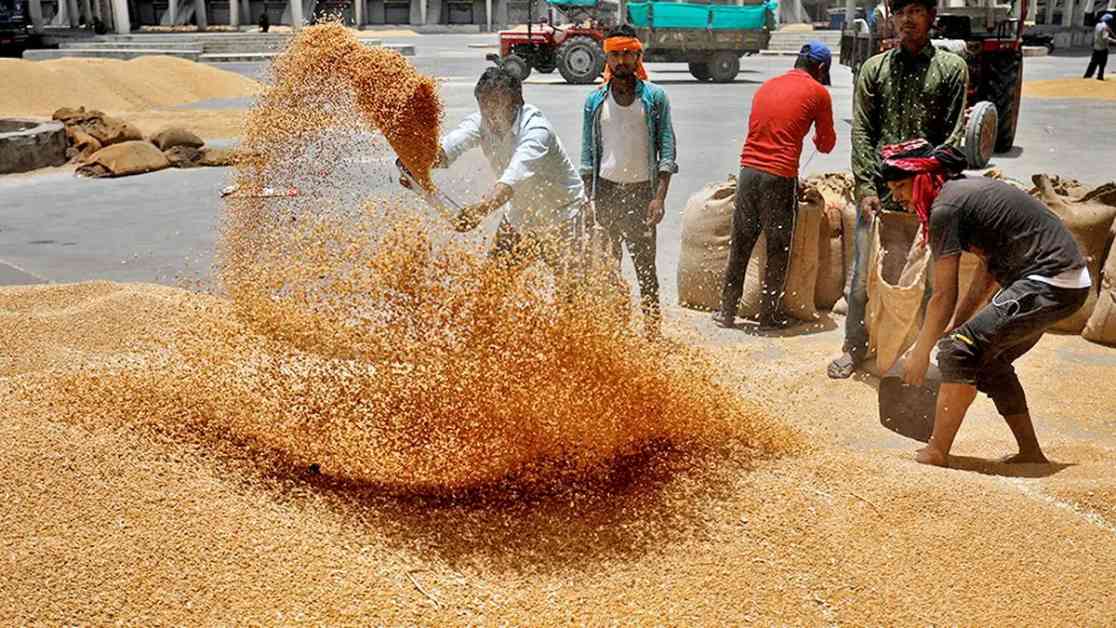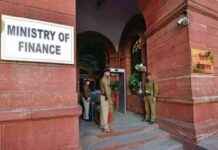In the bustling procurement season, some nine FPOs in Rajasthan, mainly from Hanumangarh district, have gone ahead and bagged over 40,000 tonnes of wheat. This amount is a whopping 70 per cent higher than what they were initially aiming for. Experts are viewing this as a major win, suggesting that it could pave the way for promoting FPOs as a reliable option for procurement in the future. This move could potentially reduce the reliance on private sector entities, millers, and commission agents, according to industry insiders.
Success in Rajasthan
The government-owned cooperative NCCF decided to collaborate with a selection of FPOs in Rajasthan to assist in achieving the targeted 20 lakh tonnes of wheat this season. The procurement officially kicked off on March 10, and as of May 20, these FPOs have managed to sell wheat worth over ₹100 crore. This success story in Rajasthan is being hailed as a model that could be replicated in other states gradually for wheat and paddy procurement. However, there seems to be a lack of a comprehensive government approach to fully integrate FPOs into the procurement process for the Centre, according to a former FCI official.
Challenges and Opportunities
In Rajasthan, where the Centre has successfully procured 17.79 lt of wheat until May 20, there have been instances of FPOs exceeding their procurement targets. For instance, Bashir Agro has purchased five times more than their 2,200-tonne target, while Akshay Velly has managed three times the target and Apaar Shakti has doubled theirs. On the flip side, Hardayalpura Farmer Producer Company from Hanumangarh has faced some challenges in meeting their 8,600-tonne target. The CEO of the FPO, Pravin Godara, highlighted payment delays for farmers as a major concern, especially when compared to prompt payments at FCI-run purchase centers. He emphasized the need for changes that would enable FPOs to directly procure crops for the government, potentially saving costs in the process.
Cost Considerations
Apart from purchasing grains at the minimum support price (MSP), the Centre also bears additional expenses related to mandi fees, commission agents, gunny bags, and various other charges. These additional costs inflate the procurement cost by 13 per cent for wheat and over 15 per cent for rice, compared to the MSP levels. This financial burden underscores the need for more efficient procurement processes that could benefit both farmers and the government in the long run. Overall, the success of FPOs in Rajasthan signals a shift towards more inclusive and sustainable procurement practices that could revolutionize the agricultural landscape in the country.























